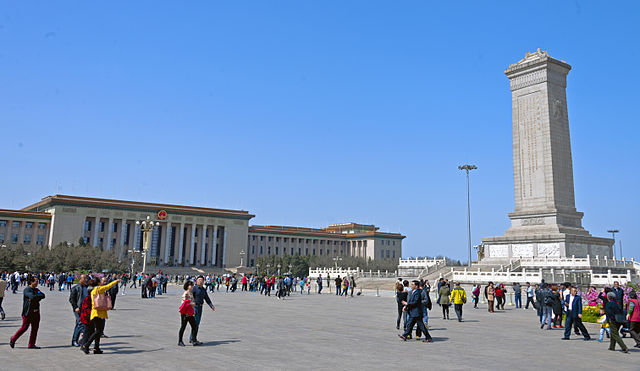Paul-Michel Foucault was a French philosopher, historian of ideas, writer, political activist, and literary critic. Foucault's theories primarily address the relationships between power and knowledge, and how they are used as a form of social control through societal institutions. Though often cited as a structuralist and postmodernist, Foucault rejected these labels. His thought has influenced academics, especially those working in communication studies, anthropology, psychology, sociology, criminology, cultural studies, literary theory, feminism, Marxism and critical theory.
Foucault in 1974
In the early 1950s, Foucault came under the influence of German philosopher Friedrich Nietzsche, who remained a core influence on his work throughout his life.
Foucault adored the work of Raymond Roussel and wrote a literary study of it.
Graves of Michel Foucault, his mother (right) and his father (left) in Vendeuvre-du-Poitou
Power (social and political)
In political science, power is the social production of an effect that determines the capacities, actions, beliefs, or conduct of actors. Power does not exclusively refer to the threat or use of force (coercion) by one actor against another, but may also be exerted through diffuse means.
Image: Great Hall of the People and Monument to the People's Heros, Tiananmen Square
Image: Japanese passport crimson
Image: Modern chain gang
Image: Bronze sculpture of Barack and Michelle Obama at Barack Obama Plaza 1








